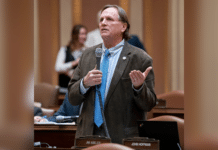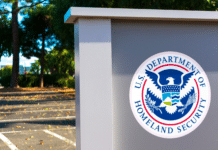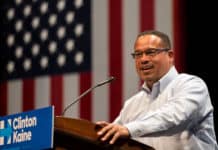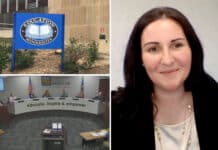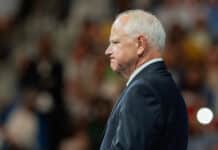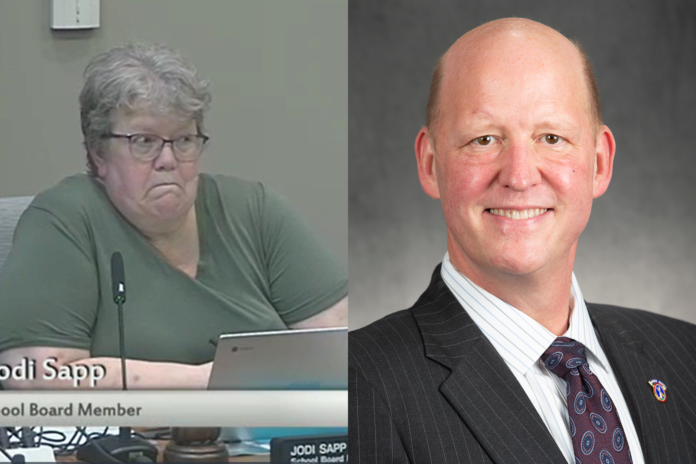
At least one Minnesota lawmaker is working to protect the privacy of parents who speak at school board meetings.
State Rep. Donald Raleigh, a Republican from Circle Pines, devised a bill in late October that prevents school boards from obligating parents to share their home address before speaking.
If passed, the bill would amend Minnesota Statutes to include a provision that reads as follows:
“The board must not require a person providing testimony at a board meeting to disclose the person’s address or other contact information.”
The bill would also prohibit boards of directors at charter schools from requiring the same information from parents.
“This is a simple bill to make sure that parents engaged in the process of helping shape education policy through their local school boards do not fall victim to some of the despicable intimidation tactics that have been deployed against others around the country,” Rep. Raleigh said in a press release.
Raleigh noted that he has successfully prevented the doxing of police officers through an amendment to an omnibus public safety bill. And he says his intention with the school board amendment is the same.
“The bill I am introducing follows in that same vein and would address the many privacy concerns from parents that have reached out to me in recent months.”
Rep. Raleigh’s idea to devise the bill came shortly after the Mankato School Board announced that everyone who wishes to speak at their meetings must first publicly state their home address.
Video footage from an Oct. 18 meeting shows Chair Jodi Sapp refusing to let a man speak without disclosing his address. Although he provided the name of the street he lives on, Sepp also made him state his house number, which he did while turning around to the audience and away from his microphone.
Sapp, however, repeated his address into her microphone.
In addition to forced doxing, Mankato School Board prohibits parents from “calling out or addressing any individual school board or school district staff member” during open forum sessions, which effectively shields teachers and administrators from any direct criticism.



